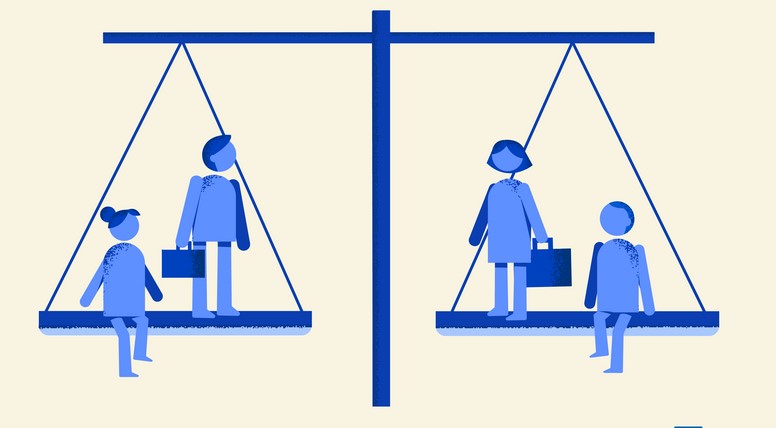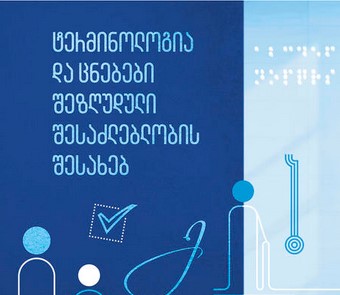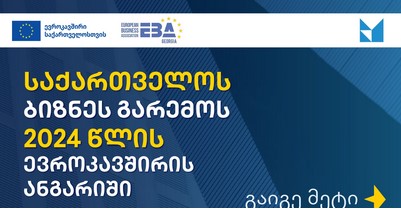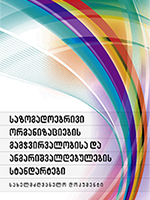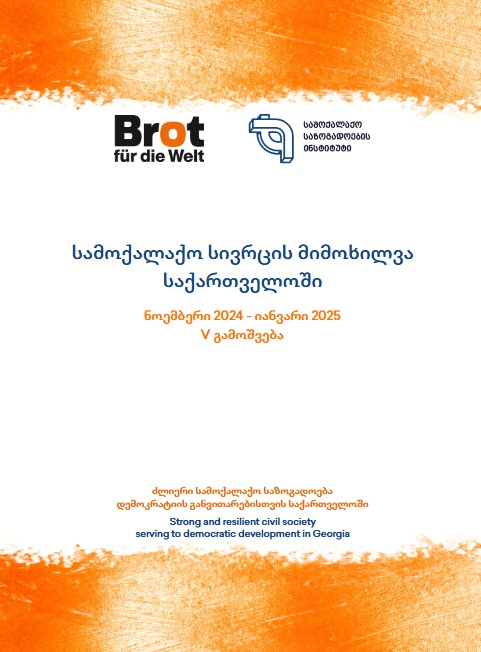Gender Equality and Social Inclusion Plan
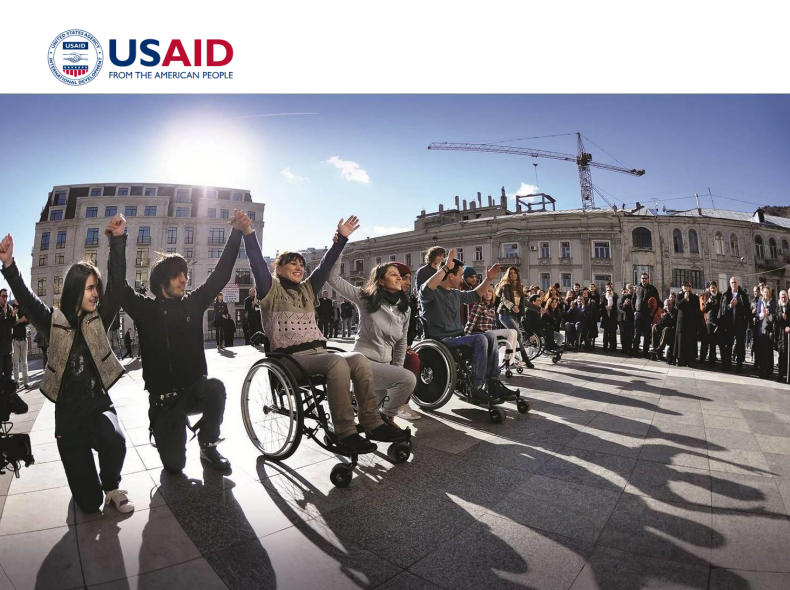
Tbilisi. According to the USAID Local Government Program, various marginalized groups in Georgia do not have equal access to or control over resources and suffer from structural poverty, discrimination, and lack of access to state services. Social exclusion of certain groups is multidimensional, encompassing socioeconomic, cultural, linguistic, and political factors.
“While certain strategies and state implemented programs have considerably improved the level of integration, their decision-making ability and authority is minimal at both central and municipal levels of government.
Local Governance Program’s Gender Equality and Social Inclusion (GESI) Plan is designed to understand and deal with the complexities of aiding with better outcomes for the underrepresented groups. The Local Governance Program provides an opportunity to work with at least 22 partner municipalities throughout Georgia to ensure the underrepresented groups participate and benefit from decentralization and public sector reforms”.
Source: The organization’s page on the social network





